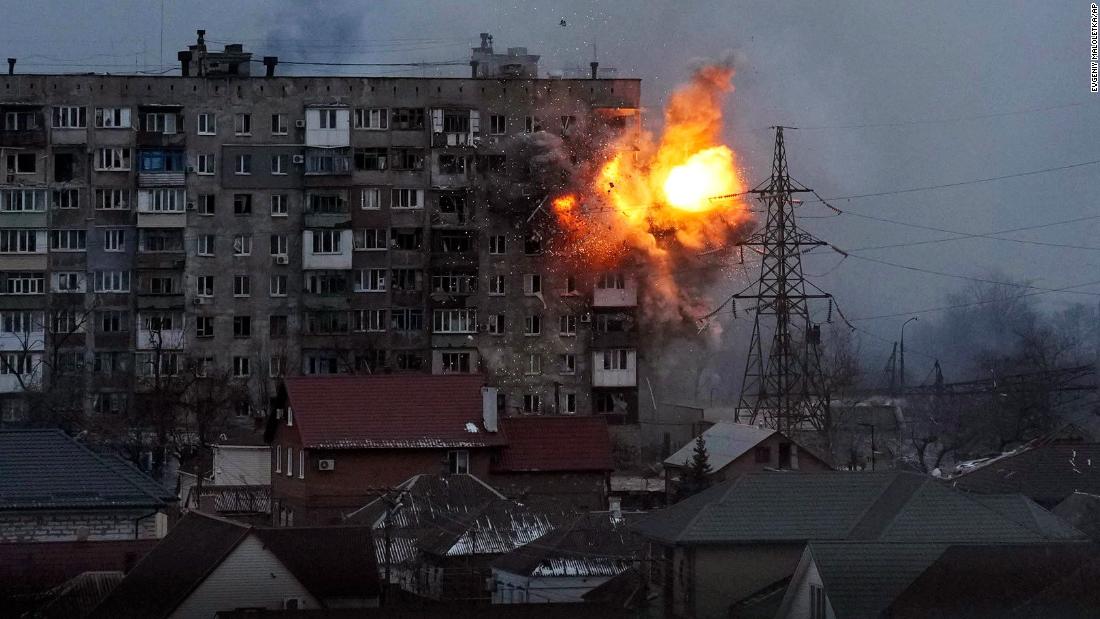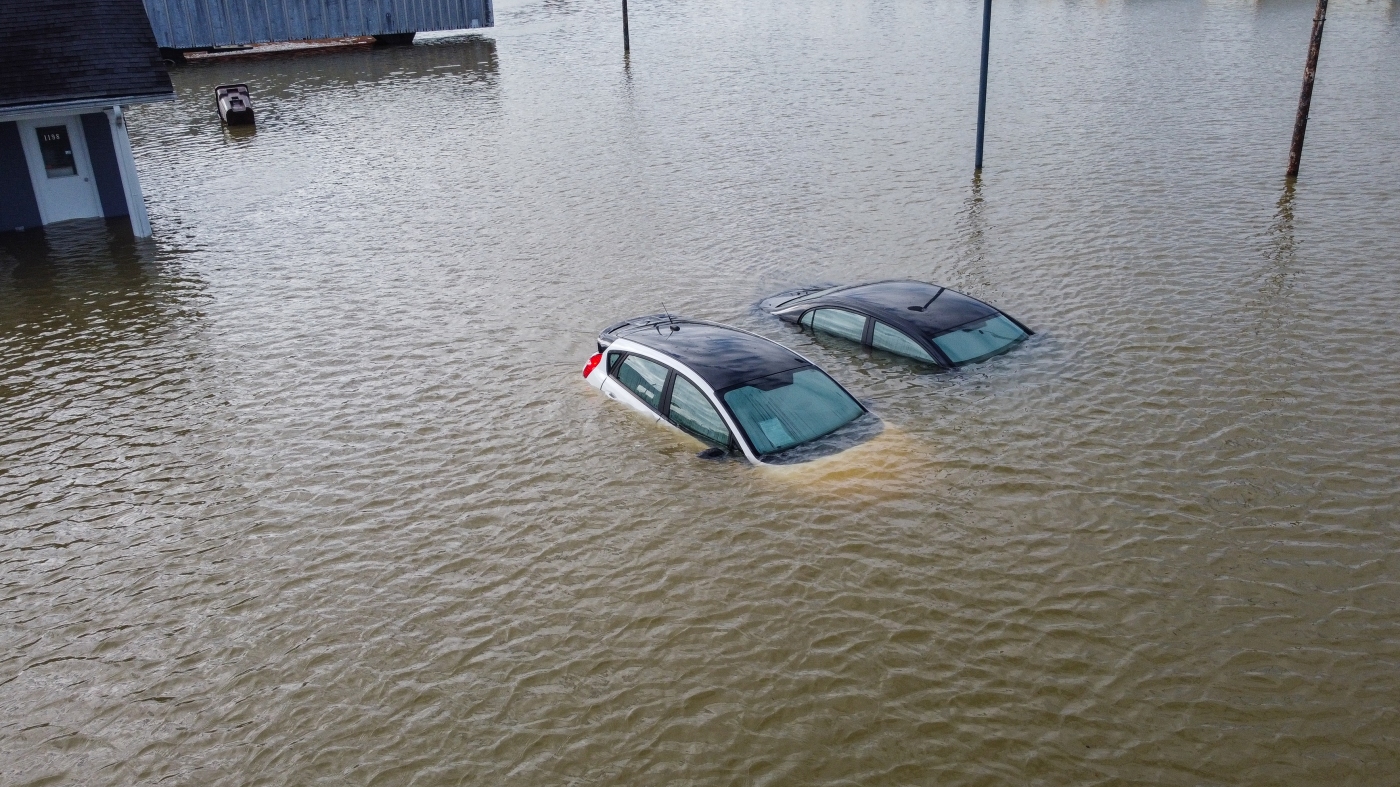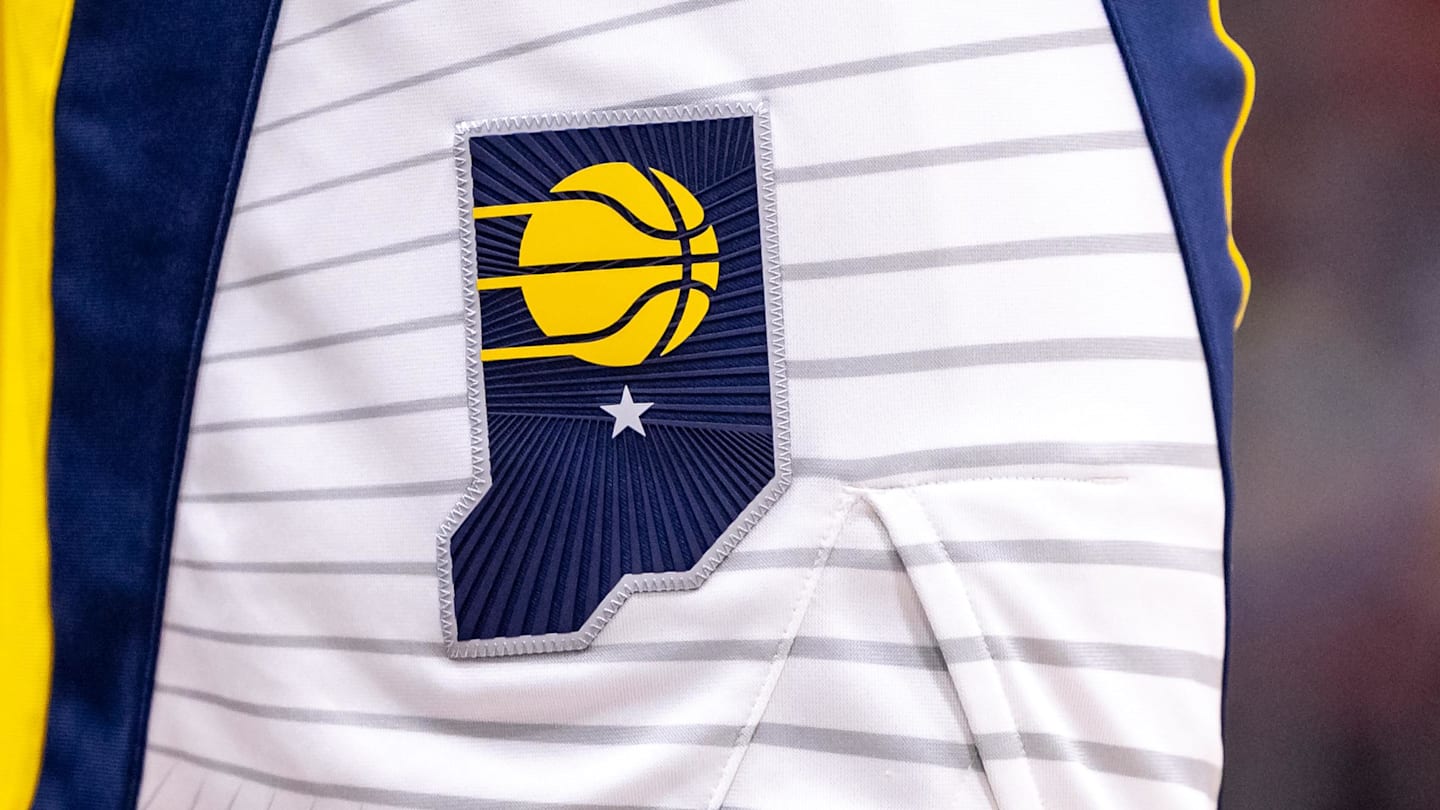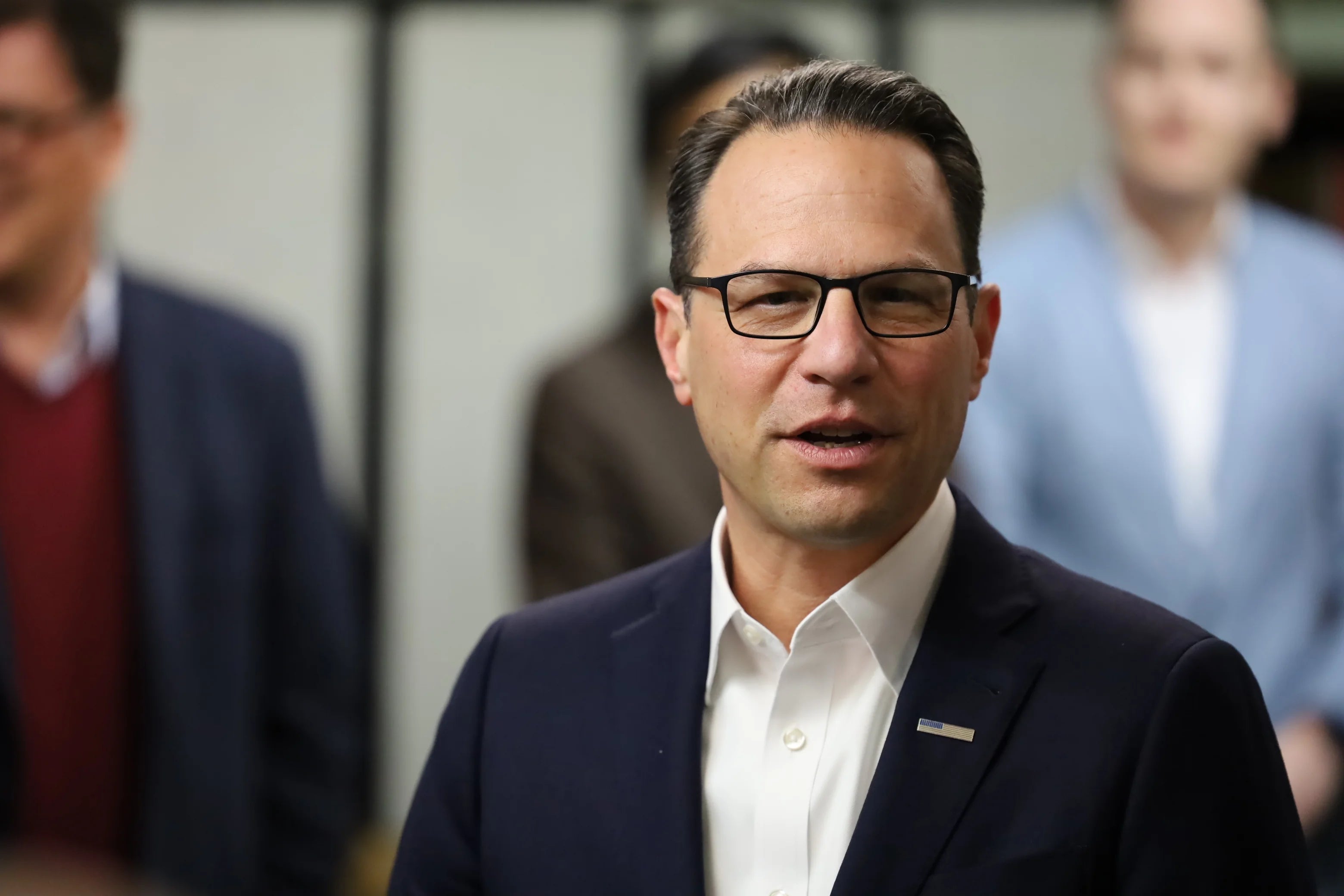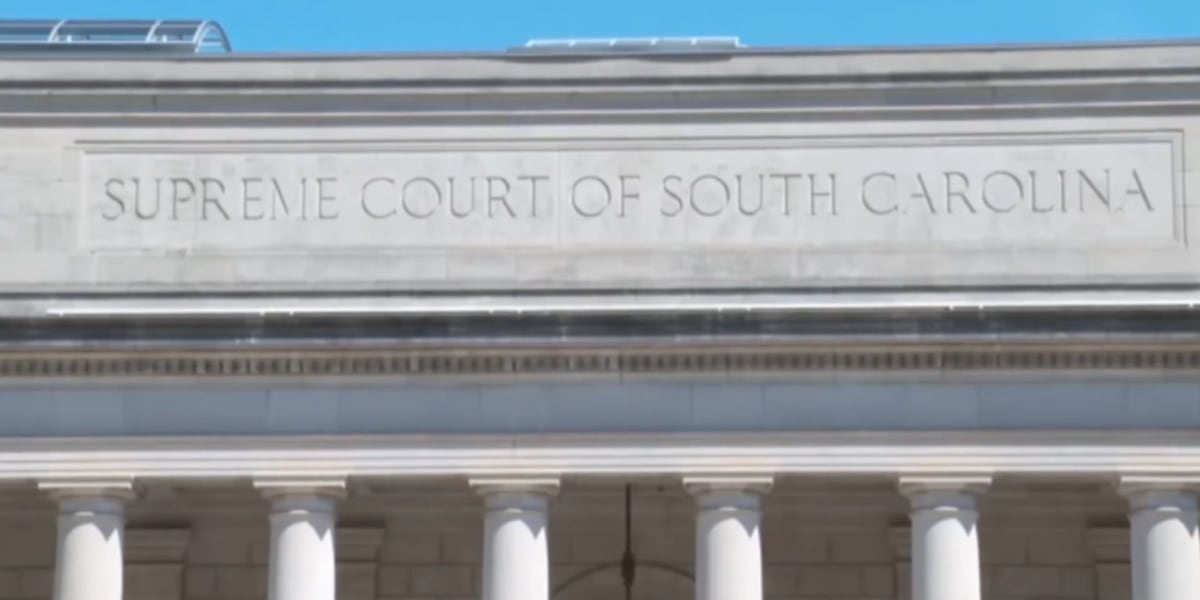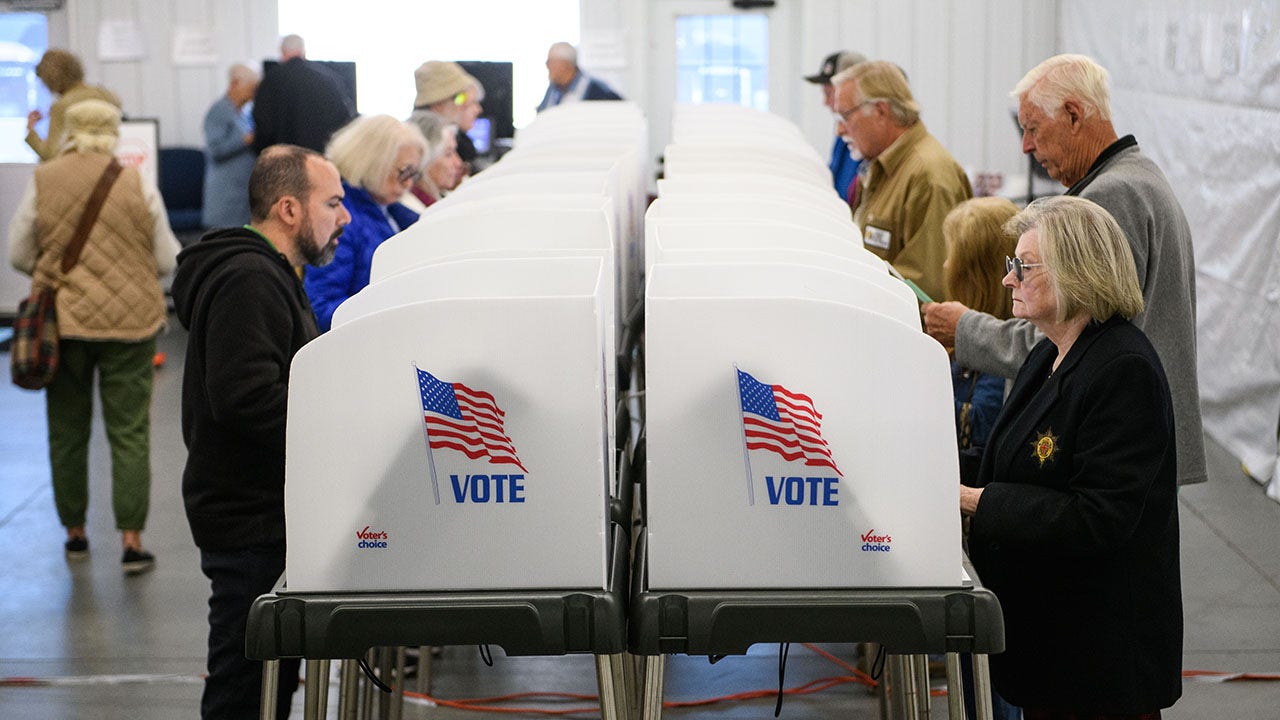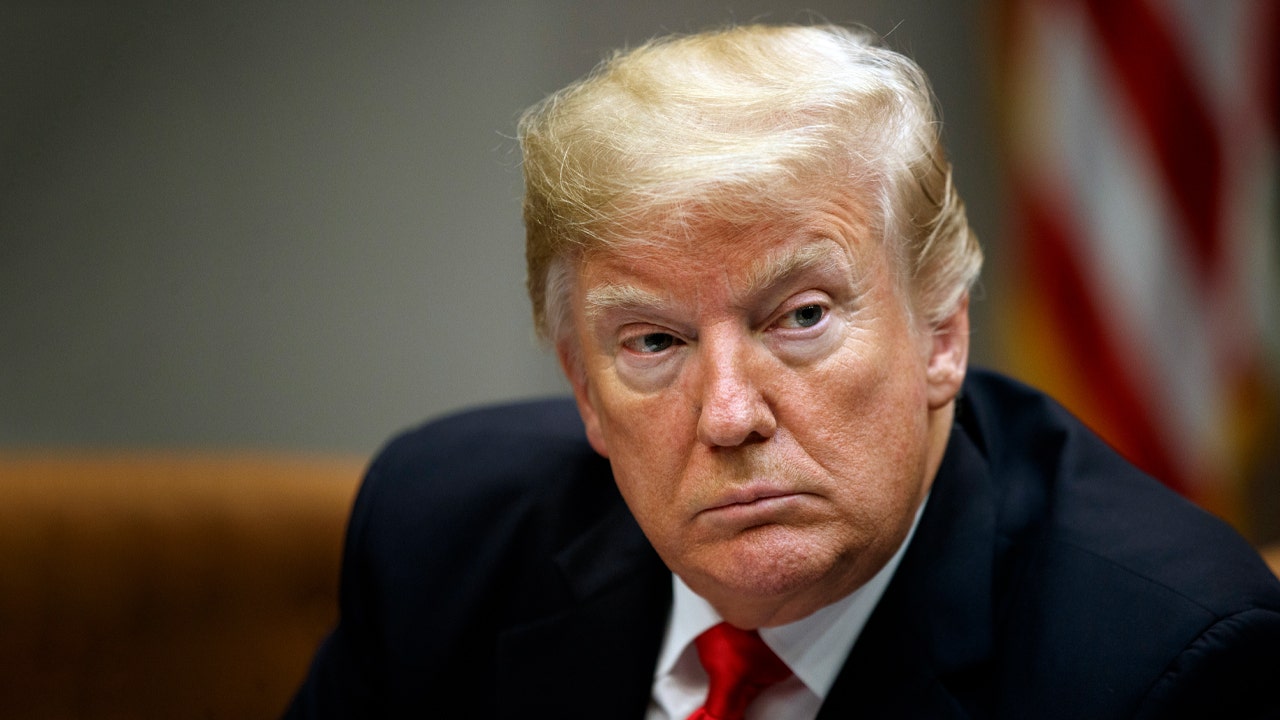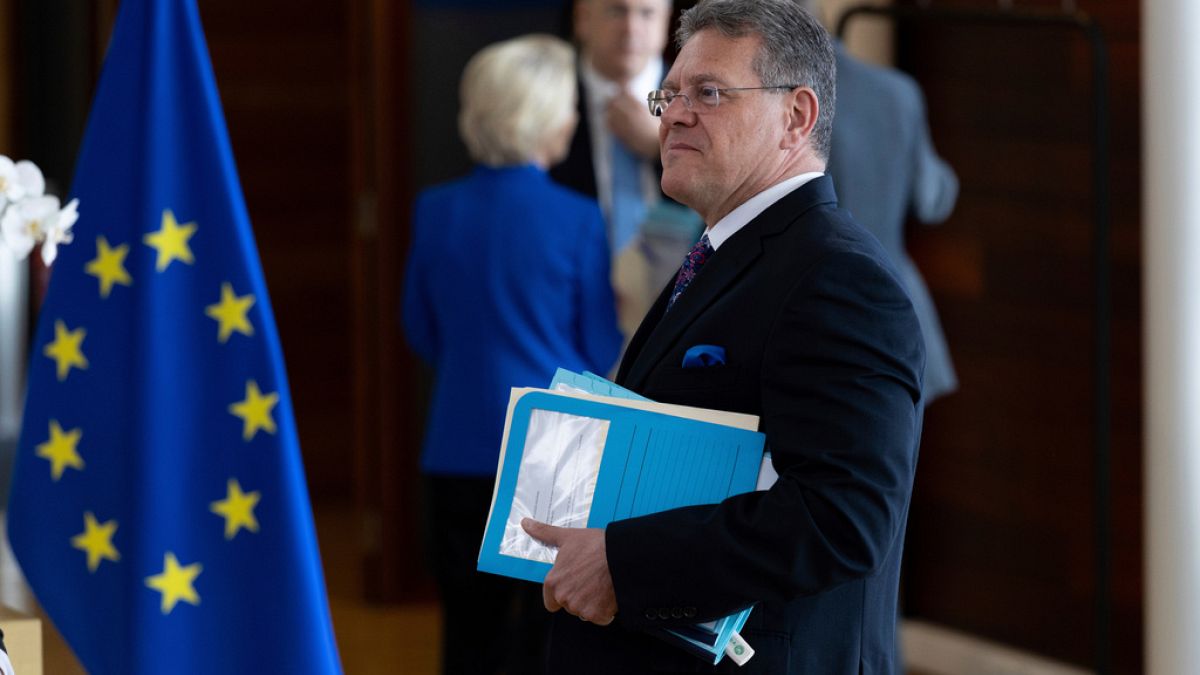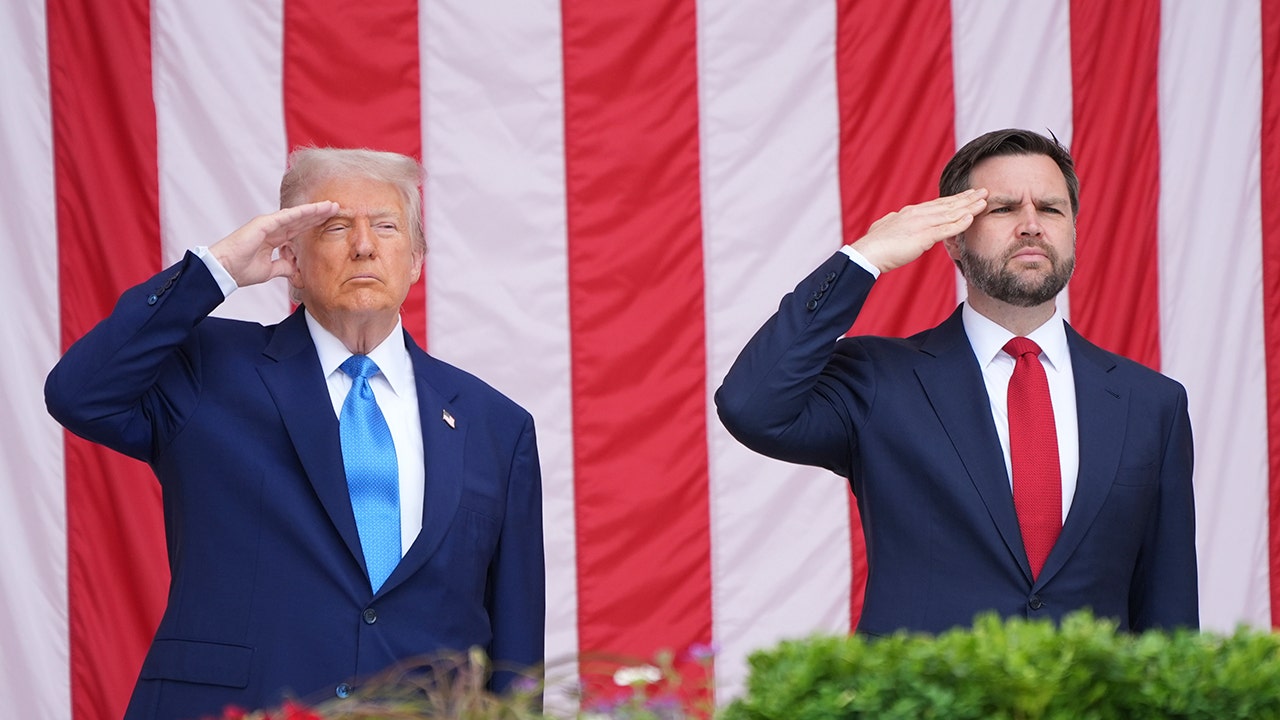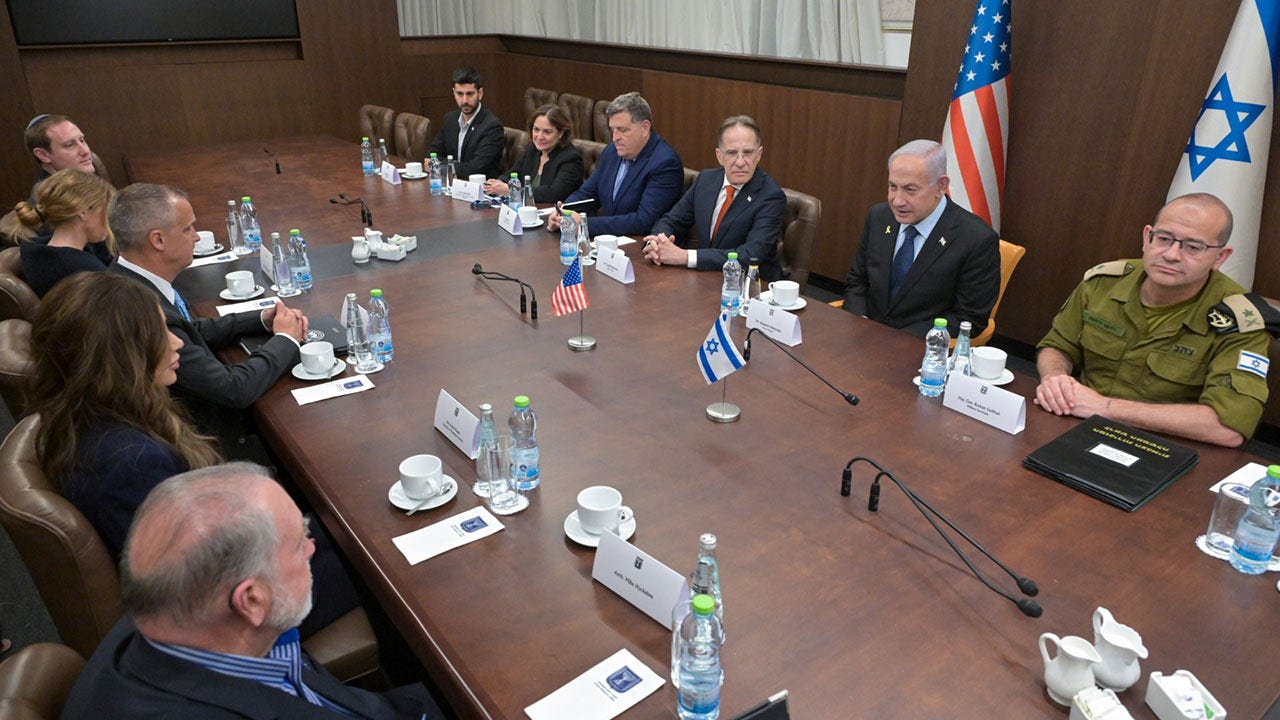Elon Musk has lambasted Donald Trump’s signature tax bill, calling it “a disgusting abomination”, in an outburst that threatens to destroy the relationship between the US president and his billionaire backer.
In a series of posts on his social media site X on Tuesday, Musk, who abruptly left the administration last week, hit out at what he called a “massive, outrageous, pork-filled Congressional spending bill”.
He added: “Shame on those who voted for it: you know you did wrong. You know it.”
Musk’s comments came just hours after Trump had criticised Republican Senator Rand Paul, a staunch fiscal conservative, for his opposition to the proposed legislation, which the president described as a “BIG GROWTH BILL” on his social media platform.
The legislation, which Trump had coined his “big, beautiful bill”, passed the House last month by one vote and is currently being considered by the Senate. It has been criticised by fiscal hawks for adding trillions to the national debt when investors are already worried about the US’s widening deficit.
Supporters of Musk’s so-called Department of Government Efficiency (Doge) have also criticised the bill, claiming it would undo some of the initiative’s savings.
Asked about Musk’s latest comments, White House press secretary Karoline Leavitt said: “Look, the president already knows where Elon Musk stood on this bill. It doesn’t change the president’s opinion. This is one big, beautiful bill, and he’s sticking to it.”
This is a developing story

